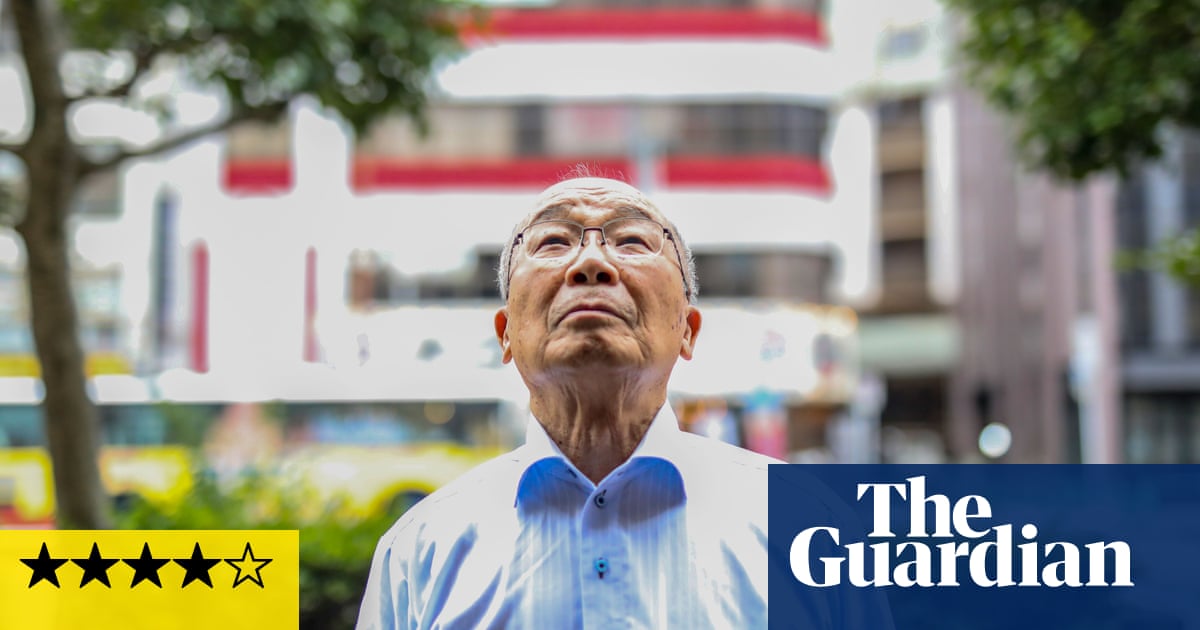Atomic People delves into the haunting stories of the *hibakusha*, survivors of the atomic bombs dropped on Hiroshima and Nagasaki. This poignant documentary weaves together interviews with these octogenarian and nonagenarian witnesses, who have lived with the indelible trauma of that fateful day, with chilling archive footage.
The film underscores the silence imposed upon the *hibakusha
from the very beginning. The occupying Allied forces, after Japan's surrender, banned any reporting on the devastating effects of the bombs, silencing the survivors' voices. This silence extended beyond official censorship, as friends, families, and society at large shunned those who had been exposed to the radiation. The *hibakusha* were seen as tainted, their blood carrying the legacy of the bombs. Many suffered from illnesses and deformities, and their children often faced similar fates, leading to widespread prejudice and fear.
The film offers a stark reality check on the fictional portrayals of the bombings, revealing that imagination couldn't possibly capture the horrifying truth. Survivors recount harrowing experiences: Shigeaki, an eight-year-old at the time, remembers a young woman clutching her exposed organs, desperately searching for a hospital. Chieko, then 15, recalls students with their skin peeling off, dying one by one, while Hideo, a mere three years old, remembers charred bodies hanging from a destroyed tram.
Despite the overwhelming darkness, the film doesn't shy away from exploring the other aspects of the survivors' lives. We see glimpses of their memories before the bombs, of simple joys like attending the cinema or enjoying the summer by the sea. This juxtaposition of past and present serves as a powerful reminder of the lives that were lost, and the lives that were irrevocably altered.
The documentary also examines the social stigma that followed the bombings, forcing survivors to live with lies and half-truths. One couple, fearing the potential harm to their children, chose not to have a family. Another woman recounts the loss of her son to leukemia, a common fate for the generation born after the bombings. The film poignantly asks: which suffering do you choose?
President Truman's triumphal address to the nation after the Hiroshima bombing is presented in stark contrast to the suffering of the survivors. His proclamation of a scientific gamble "won" and the threat of a "rain of ruin from the air" stands as a stark reminder of the mindset that led to the bombings.
Atomic People doesn't mark a major anniversary, but rather highlights the urgency of hearing these voices while there's still time. It's a testament to the resilience of the survivors, who continue to carry the weight of their experiences, seeking both recognition and a path towards healing. One survivor describes the constant sound of cicadas in the Hiroshima memorial park as the voices of the dying, their pleas for help echoing in her ears.
The film leaves us with a powerful message: the pain and knowledge of the atomic bombs are a shared burden, a reminder of the devastating consequences of war and the importance of learning from history. To look away from the suffering of the *hibakusha
is to risk repeating the mistakes of the past. As one survivor says, "I want to forget the memories that are inside my body, but they won't let me." Their stories are a call to action, to remember, to learn, and to strive for a future free from such horrors.

